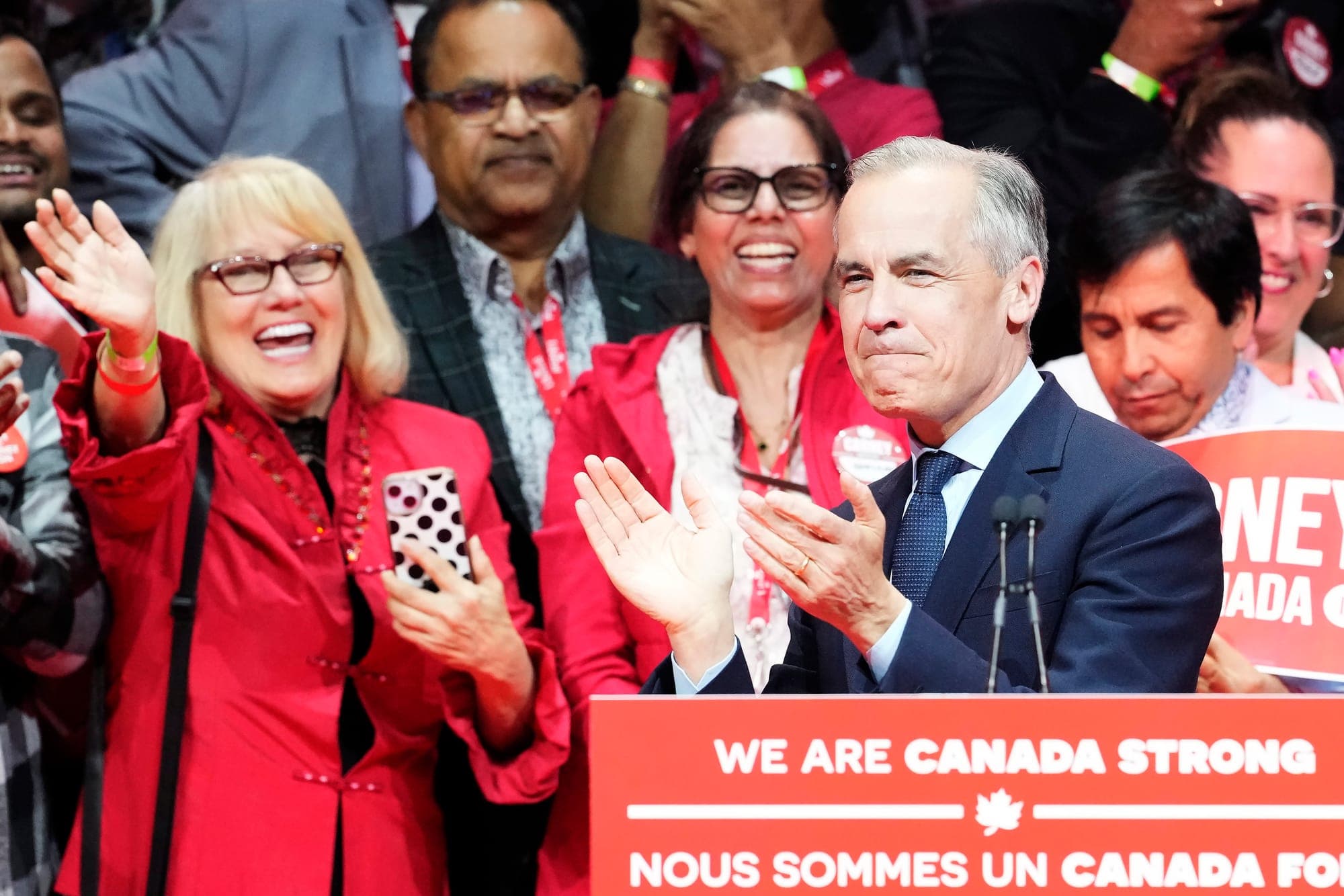Pierre Poilievre regularly met with directors of oil industry association he deemed a ‘money-sucking lobby group’
Statements attacking industry groups likely to be an effective political strategy, say experts
22 Nov 2024 • 5 min read
Copied to clipboard!

Kate Schneider
Kate Schneider is a U.K.-based reporter with experience working at the Oxford Political Review and the Canadian Law Review. Her work has also been published by the CBC.
Democracy needs you.
Subscribe today to support independent Canadian journalism.
Dig Deeper
Our databases turn public records into public power. Dig in to find the real story on lobbying, donations, contracts, access to information releases and more.
Search


